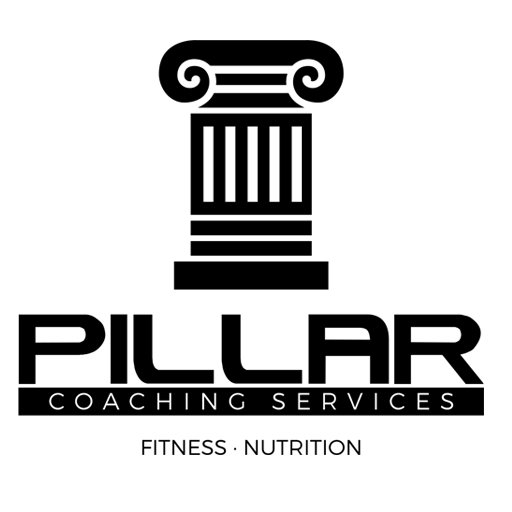Drinking
By: Michael Beiter
My first client this morning is about to cross three years of work with me.
"I have considerably reduced the amount of drinking I do during the week. I'm even more hesitant on the weekends now because I think, 'I'd rather have food than spend these calories on drinking."
Over the years, I've found this change in my clients taking place more and more. But it takes multiple years of practice before the realization and behaviors set in.
I'm about to jump on an international call with a client who lives in another culture that is highly alcohol centric.
I shared this excellent post inspired by another coaching company with them:
Some notes on alcohol.
We get asked almost daily about this topic. “I like a glass of wine a few times per week. Can I continue that with your program?"
Well, technically, yes. If it fits your macros, then you do you can. However, just like calories in/calories out has many nuances, so does drinking alcohol.
Let's start by discussing what happens when alcohol first crosses your lips.
Your body stops processing all other macros and focuses only on metabolizing the alcohol. If you go to dinner and have 2 glasses of wine, the food you consume at the table gets stored for future fuel, aka body fat.
For all intents and purposes, alcohol is a poison to your body.
That’s why you get that head floating feeling after the first few sips. Then the body starts to counter that. In the simplest terms, your body releases an upper to counter the poison's downer. This is why every drink after the first one is always chasing the initial feeling you got, which you can never get again, regardless of how much you drink, until you take a break for a while and return to another 'first drink.'
The upper that your body releases raises your heart rate significantly. Ever noticed how after you drink a few one night, go to bed, then maybe 3-5 hours later, you wake up with your heart racing? Maybe feeling a bit anxious? This is that period where the alcohol has been metabolized, but your body is still trying to counter it. You got a big dose of speed racing through you at this stage. You know what I'm talking about if you have a watch that monitors heart rate and sleep. Heart rate rarely drops below RHR levels on nights when you drink.
Sleep loss is the biggest hurdle for your long-term goals. We preach this repeatedly- SLEEP is the first thing you should ensure is on point when working on health and fitness. Sleep is where you recover. Sleep is where the muscle is repaired. This leads to more energy the following day and better choices for your goals.
Sleep after drinking is pitiful.
Waking up feeling not rested- what are the chances of a good training session? Slim to none. What are the chances you turn to comfort food to feel better? Or because you lack energy and motivation, you choose less than optimal food choices because of the extra effort required to prepare them?
Alcohol also lowers our inhibitions. Suddenly, our well-planned day with a grilled chicken salad, pork, and sweet potato turns into pizza, tacos, or a pint of ice cream. At this moment, we can also think- eff it, I blew my day anyway, so now I’m really gonna do this right, and you pour another drink and make a bunch of bad food choices. I've done it; my clients have too, and so will you.
The point is that alcohol can be fun and is a big part of our society. It happens when you meet with friends for brunch, share wine with your spouse, or even have a throwback to your college days kind of partying. It happens. You can continue enjoying spirits here and there, but you should only drink occasionally if you have health goals.
Knowing what is happening inside your body might help you make different choices. Might not. But knowledge is power.
Clients that have worked with us always note how much they were drinking as being more than they thought and that they feel better when they reduce their alcohol consumption.
Numerous times per week and a lot in a single sitting classify you as a heavy binge drinker. If you fit into that classification, there's not a snowball's chance in hell you will lose fat and reach your health goals.
For many people, cutting back on drinking is the biggest change to their lifestyle. Even though you can get a decent amount of alcohol to fit (some people have demonstrated 1000 calories of consumption worth or about 7 drinks), the frequency of drinking sessions almost always needs to drop.
Food can be thought of as fuel. Food makes you feel better than alcohol does.
As my client this morning said, "past one or two drinks, I realize how much food I have to sacrifice to make alcohol fit, and it's simply not worth it; I'd rather eat."
Understanding the costs of drinking from a caloric, sleep, and training perspective are enough for many people to make changes. If that isn't enough, plenty of resources detail the detriments even further, such as Stop Drinking Now by Alan Carr and Alcohol Explained by William Porter.
Shout out to Eat To Perform for this post. They nailed it.
